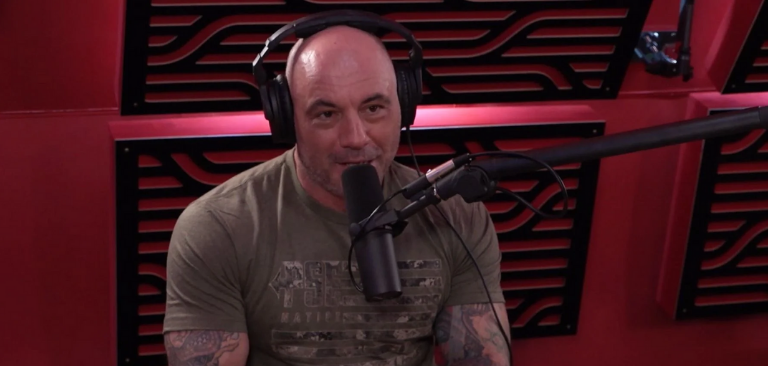Podcasting may easily become a “new frontier” to be conquered by online censorship advocates, now they feel that large centralized social networks have mostly been whipped into shape.
As if to confirm this, podcasting as a medium is singled out in a piece published by The Guardian as one that remains “largely” unmoderated while giving voice to creators who are seen as spreading “misinformation.”
But, as the author, a researcher of online misinformation for the Australian Strategic Policy Institute – a government and Australian Defense Department-funded think tank – admits, preventing conservative figures from making podcasts will be a difficult circle to square, certainly nowhere as easy as banning them on Facebook, Twitter, or YouTube.
Even if many, if not all star podcasters rely on traditional companies like Spotify for production and promotion, podcasting itself is a decentralized medium with a very low barrier to entry and is therefore near impossible to control, particularly to “moderate.”
The tactic that The Guardian piece then brainstorms, through the comments of one random person called “Amelia” (no last name provided) who is worried about her conservative father’s podcast listening habits, might be to limit exposure of shows like those hosted by Joe Rogan or Steve Bannon by basically kicking them off the largest podcast directory provided by Apple, getting video episodes off YouTube, and preventing audio snippets from being shared on Facebook.
Joe Rogan is a big focus here for his position on the Covid pandemic and for inviting guests like Alex Jones, while it is noted that Spotify refused to start a wave of censorship “interventionism” in podcasting over this, even though Jones himself was previously banned by the platform.
But telling stars like Rogan who they can and cannot have as guests is obviously not where Spotify wants to go (yet) for purely business reasons.
The entire article smacks of vilification of podcasting, with it described not as an emerging powerhouse media genre that it is, but essentially as praying on the naive and isolated people due to the “intimacy” and directness of the media.
However, the key seems to be in the fear that podcasting is on its way to dislodge the mainstream media: “The appeal of Bannon’s podcast to Amelia’s father arises not only out of his politics, she says, but a loss of trust in public officials and media,” reads the article.






















